Business
Foreign tourism investments to register?

“No foreign investor may carry out any tourism related activity in the Maldives except after signing a foreign investment agreement and registering that investment with the Ministry of Tourism.”
Sounds like a major policy shift?
It is neither a new policy initiative nor a recent change in law.
The law
The policy statement is captured eloquently in section 39 of the Maldives Tourism Act. The section has been part of the Tourism Act since the law was first enacted some 21 years ago. Despite the fact that the Tourism Act has undergone amendments at least nine times since its introduction on May 16, 1999, section 39 has survived unaltered, unchanged.
Section 39 of the Maldives Tourism Act says this:
No foreign investor may carry out any tourism related activity in the Maldives except after signing a foreign investment agreement as mentioned in the Foreign Investment Act and registering that investment with the Ministry of Tourism as a foreign investment as provided in the Foreign Investment Act.
As is evident from the language of the section, the position crystallised in the form of section 39 of the Tourism Act is closely related to and deeply rooted in the Maldives Foreign Investment Act – a piece of law that has been in existence for some 41 years already, again unaltered, unaffected.
Section 1 (b) of the Foreign Investment Act that was introduced on May 1, 1979 says that no foreign investment can be carried out in the Maldives except after registering that investment and signing an agreement with the Ministry of Tourism (if the investment is in tourism) and with Ministry of Trade Industries and Labour (if the investment is in any other industry). Ministry of Trade is now succeeded by the Ministry of Economic Development.
Further, section three of the Foreign Investment Act reiterates that every investor in the tourism industry shall sign an agreement with the Ministry of Tourism if that activity relates to tourism, and with the Ministry of Trade Industries and Labor if the business relates to any other industry.
The unpacking
Let’s unpack section 39 of the Tourism Act and understand its components.
Firstly, the section applies to all foreign investments in the Maldives tourism sector. This may mean that it goes beyond the acquisition or leasehold ownership of a resort property. It extends to all verticals of the industry which are open for foreign direct investment.
Secondly, permissibility is dependent on to two events: signing a foreign investment agreement; and registration of the investment as a foreign investment.
The execution of the foreign investment agreement and registration of the investment are both considered as “entry requirements” for a foreign investor. Once a foreign investor travels through these two processes and completes its entry in to the Maldives, it gets to operate at a level field with a local investor in the same space. All other regulatory requirements of the industry are applicable to local and foreign investors alike – for example – the signing of an island lease agreement for lease of a resort property.
This striking legal requirement flows from the Foreign Investment Act which asks tourism sector foreign investors to register their investments with the Ministry of Tourism and investors in the non-tourism sectors to register their investments with Ministry of Economic Development; and irrespective of their chosen industry, to sign foreign investment agreements with the respective ministries.
The breach
Section 39 embodies a classic case of a piece of law that is “more honoured in breach than in the observance.”
While over time foreign investment approvals and signing foreign investment agreements have become synonymous with the Ministry of Economic Development, the requirement of law is in reality equally applicable to foreign investors in tourism and non-tourism sectors alike – as the legal requirement emanates from the same source – the country’s foreign investment law.
However, to our knowledge, there has never been an occasion where this legal requirement has ever been complied with so far as it relates to the tourism industry.
There is nothing in the body of legal rules, guidelines, or administrative bureaucracy of the Ministry of Tourism that dictates a foreign investor to complete a separate process of signing a foreign investment agreement or complete a registration process for its investment with reference to section 39 of the Tourism Act or section three of the Foreign Investment Act.
Whenever this legal requirement was flagged in legal due diligence investigations in the past, the prevailing view of responsible officials had consistently been that the requirements of section 39 are duly met with the signing of the Island Lease Agreement (in place of a separate foreign investment agreement) and grant of an operating license (in place of the registration of a resort investment). As much as they carve out these two requirements, the remaining regulatory requirements on registration and licensing are religiously followed – and applied to all investors alike – local or foreign – in all verticals of the industry.
The shift
However, this position may shift soon.
Ministry of Economic Development (the body responsible among other things for the registration of entities investing or operating in tourism industry) has launched a new FDI policy on February 11, 2020.
Since the inception of this FDI policy, the Ministry of Economic Development is insisting on following the foreign investment law requirements even in case of tourism sector investments – so long as they remain law.
The relief for existing investors is that the policy will be enforced only in respect of future requests – existing investments will not be disturbed.
The conclusion
Since this legal requirement rooted in an archaic piece of law (which has only been followed in its breach) has now been revived with the introduction of the FDI policy, there is bound to be discussion and disagreement. It is likely that the ensuing discussions may stimulate relevant policy makers or interested legislators to make a decision – either to keep the requirement as it is or expunge it from the statute books of the country.
Note: This article has been reproduced with permission from its author: Nasheed & Co., a commercial law firm in the Maldives. The original article can be viewed here.
Business
Feydhoo Hall opens at dusitD2 Feydhoo Maldives as new event space
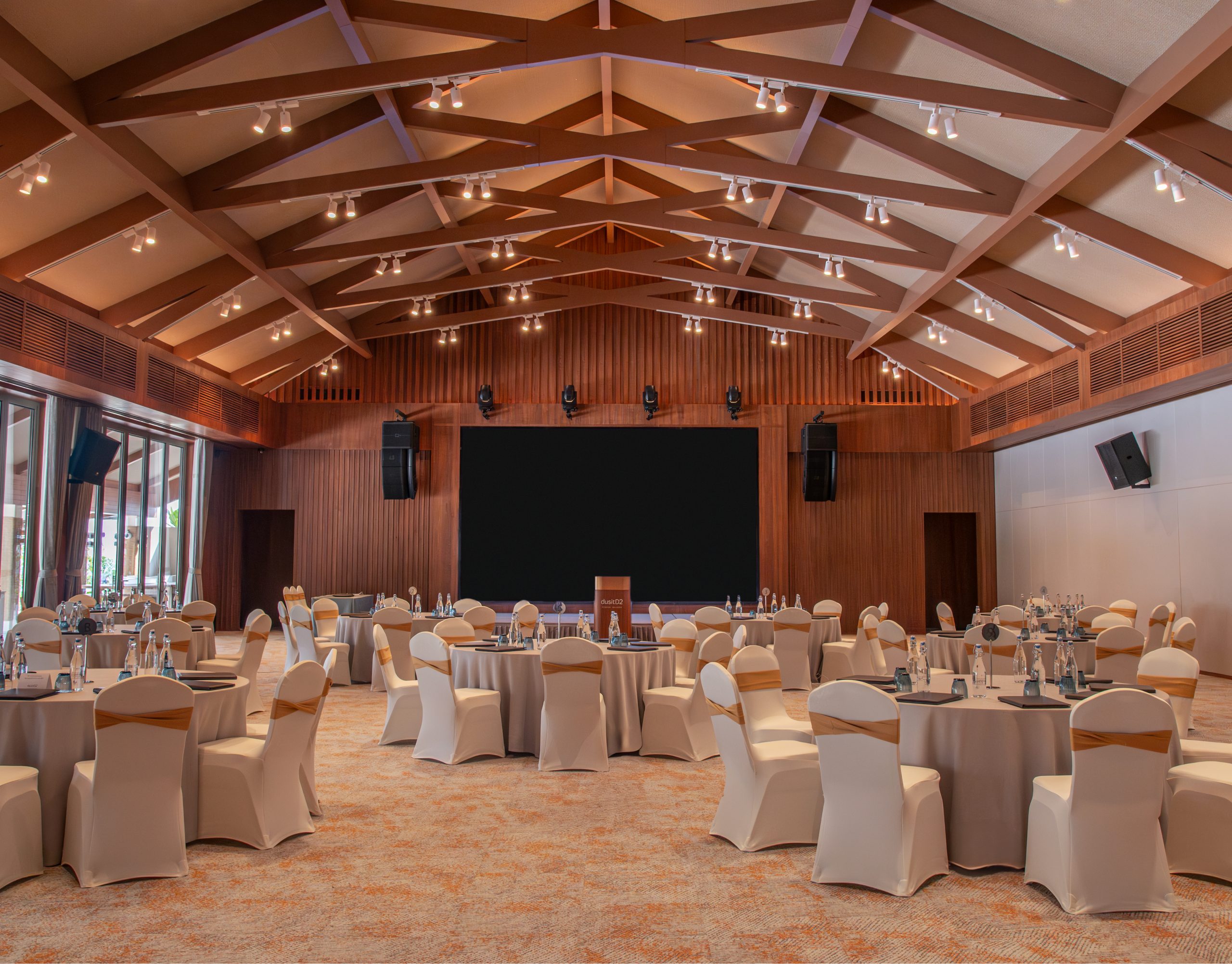
Dusit International, one of Thailand’s leading hotel and property development companies, has announced the opening of Feydhoo Hall, a landmark event venue at dusitD2 Feydhoo Maldives, redefining the possibilities for meetings, celebrations, and destination events in the Maldives.
Designed to bring scale, flexibility, and creativity to island gatherings, Feydhoo Hall represents a bold step forward in positioning the Maldives as a dynamic destination for conferences, weddings, and large-scale social occasions.
Feydhoo Hall offers a versatile event complex designed to accommodate a wide range of gatherings, from corporate meetings and conferences to weddings and social celebrations.
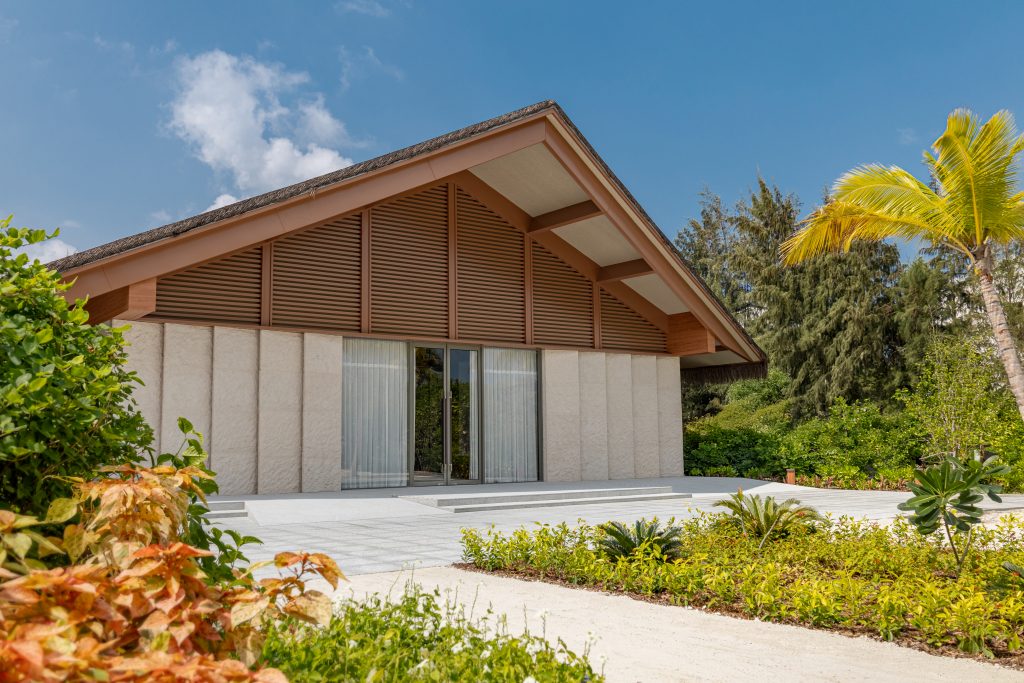
At its core is the 390 sqm Main Hall, capable of hosting:
- Up to 300 guests in theatre-style setup
- Up to 240 guests for dining and banquet-style events
- Up to 200 guests for cocktail-style receptions
- Up to 144 guests in cluster-round configuration
Enhancing the flexibility of the venue are additional dedicated spaces, including:
- A 110 sqm Veranda Terrace, ideal for welcome receptions, breakout sessions, and pre-event gatherings, accommodating up to 100 guests for cocktail-style events.
- A spacious 1,000 sqm Lawn Space, perfect for large-scale outdoor celebrations, destination weddings, and open-air events, accommodating up to 400 guests for cocktail receptions and up to 350 guests for dining setups.
- The 55 sqm Ekugai Meeting Room, designed for smaller meetings and executive sessions, accommodating up to 30 guests in theatre or dining setup and 24 guests in cluster-round format.
Together, these integrated spaces create a seamless indoor-outdoor event experience, allowing planners to design dynamic and personalised event journeys.
True to the dusitD2 brand’s lifestyle-driven philosophy, Feydhoo Hall introduces a fresh approach to meetings and events — where productivity meets creativity in an inspiring island setting.
The venue offers flexible meeting formats designed to suit different event needs, including:
- Half-Day Meeting Package (4 hours) — ideal for focused sessions, executive meetings, and creative workshops.
- Full-Day Meeting Package (8 hours) — designed for immersive conferences, extended workshops, and large-scale corporate gatherings.
These thoughtfully structured packages provide planners with the flexibility to create impactful and seamless experiences, whether hosting intimate strategy sessions or dynamic full-day events.
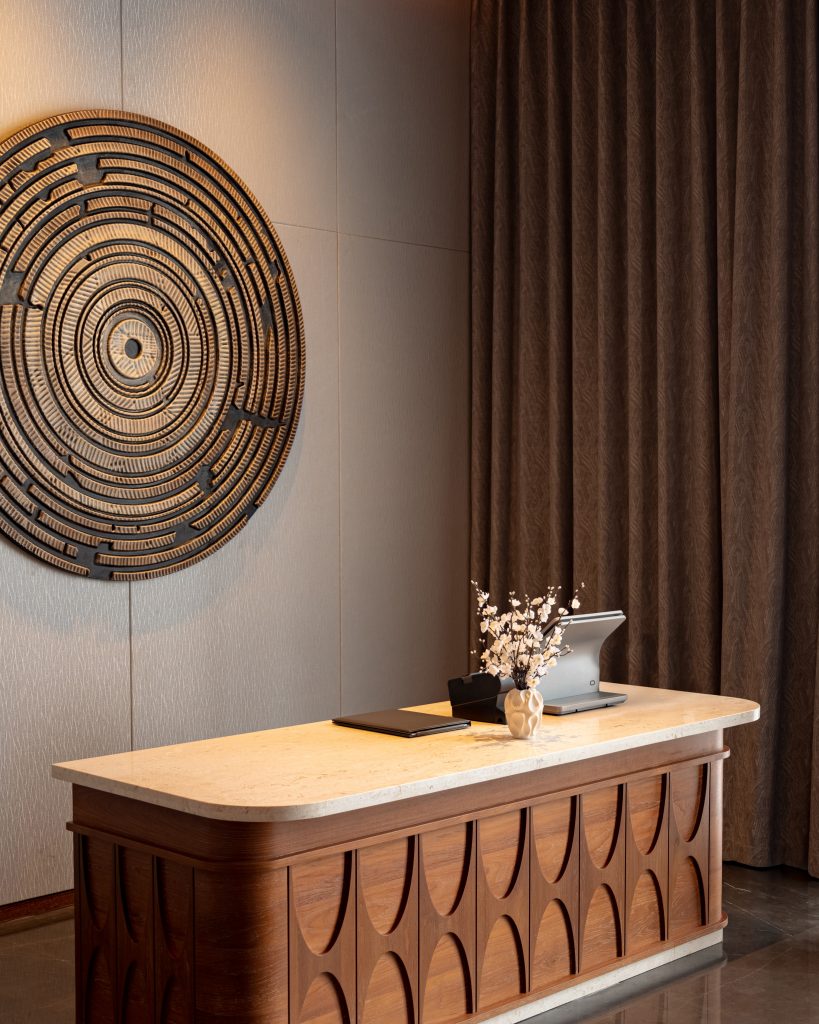
Located just seven minutes by speedboat from Velana International Airport, dusitD2 Feydhoo Maldives combines accessibility with vibrant lifestyle energy, offering event planners and guests a rare balance between convenience and tropical escape.
With the introduction of Feydhoo Hall, the resort strengthens its position as a versatile destination — not only for leisure travellers but also for international conferences, creative retreats, luxury weddings, and large-scale social celebrations seeking something refreshingly different in the Maldives.
Business
BBM expands retail presence with new Hulhumalé outlet
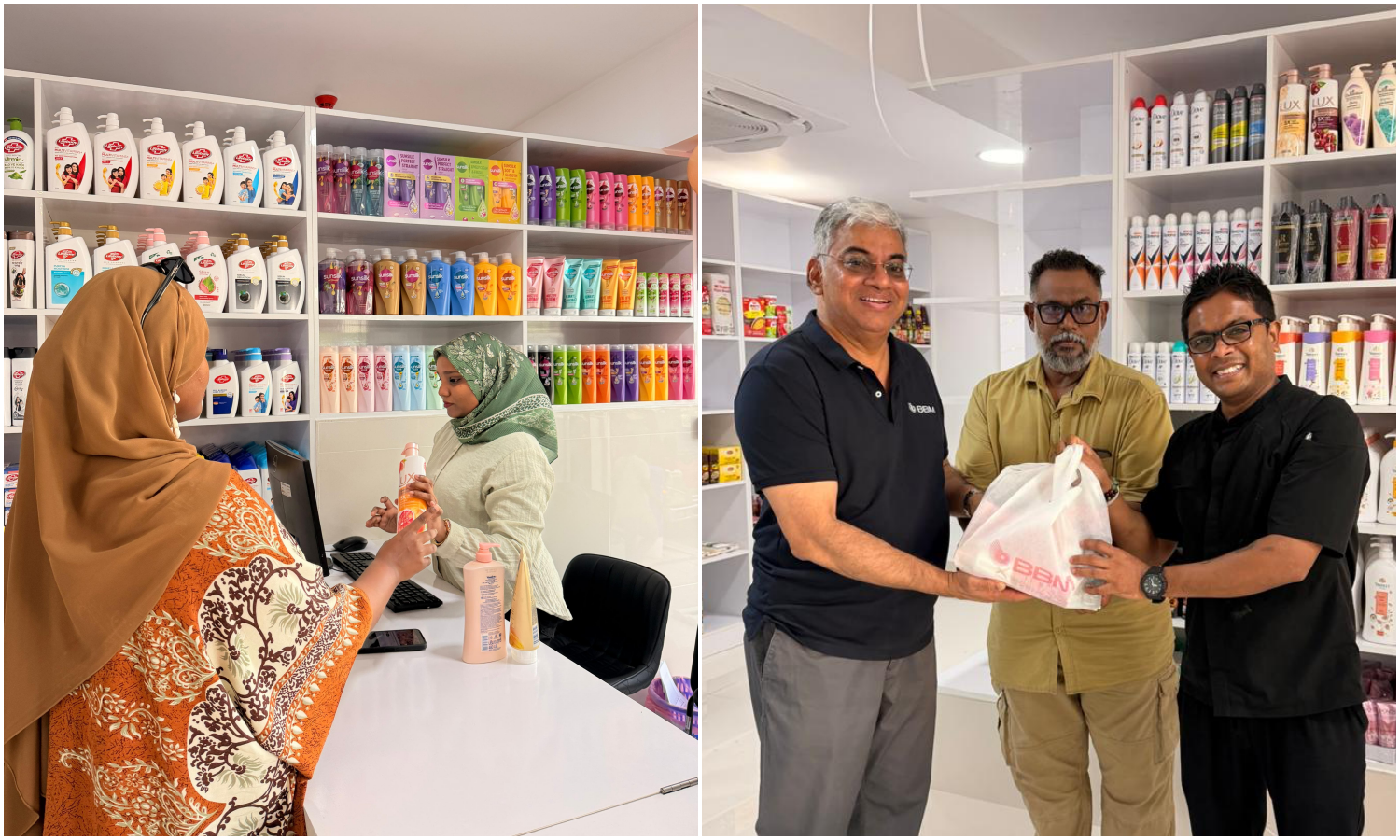
Bestbuy Maldives (BBM) opened a new wholesale store in Hulhumalé Phase 2 on Monday.
The outlet is located on the ground floor of Lot 20286, Nirolhu Magu, and is intended to improve access to BBM’s imported goods for residents of Hulhumalé Phase 2 and for businesses operating in the area.
According to the company, the opening forms part of its plan to expand services closer to customers in line with population growth in Hulhumalé.
With the opening of the new store, BBM’s full range of imported and distributed products will be available at the Hulhumalé Phase 2 location. These include consumer goods from international brands such as Lifebuoy, Vaseline and Unilever.
The store will also stock wholesale food products from brands including Daily, Cavin’s and Redman.
BBM has supplied goods to resorts, hotels and retail outlets across the Maldives for several years.
Action
Ataraxis Grand & Spa hosts integrated work-and-dive corporate retreat in Fuvahmulah
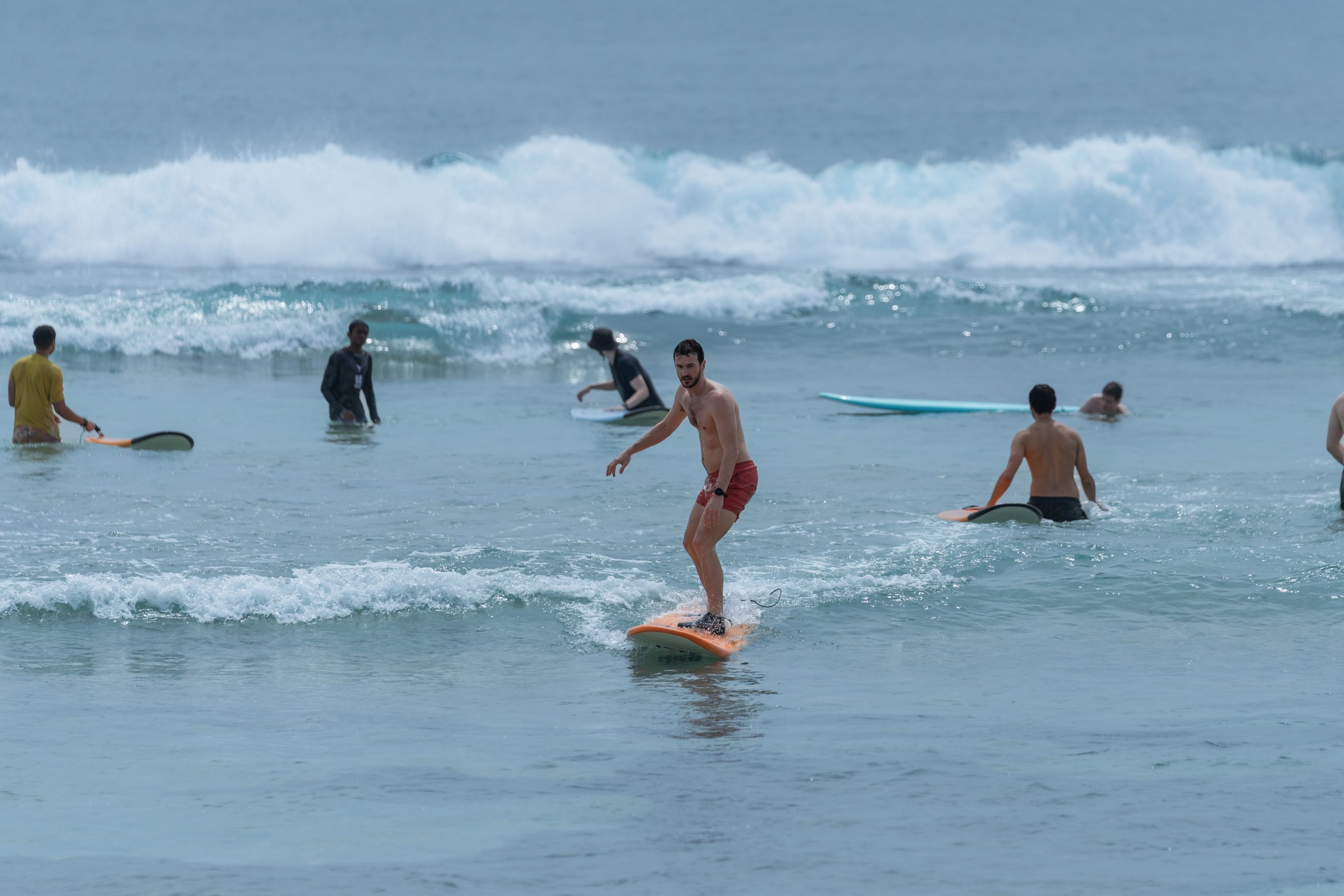
Ataraxis Grand & Spa recently hosted a week-long, closed corporate offsite in Fuvahmulah for a US-based artificial intelligence company, highlighting the island’s growing suitability for integrated work-and-experience retreats. The retreat brought a group of 36 international professionals to the property, which was reserved exclusively for the programme.
Designed as a private company offsite, the stay combined structured daily work sessions with guided diving and beginner-friendly surf experiences, creating a balanced format that blended focused collaboration with physical reset.
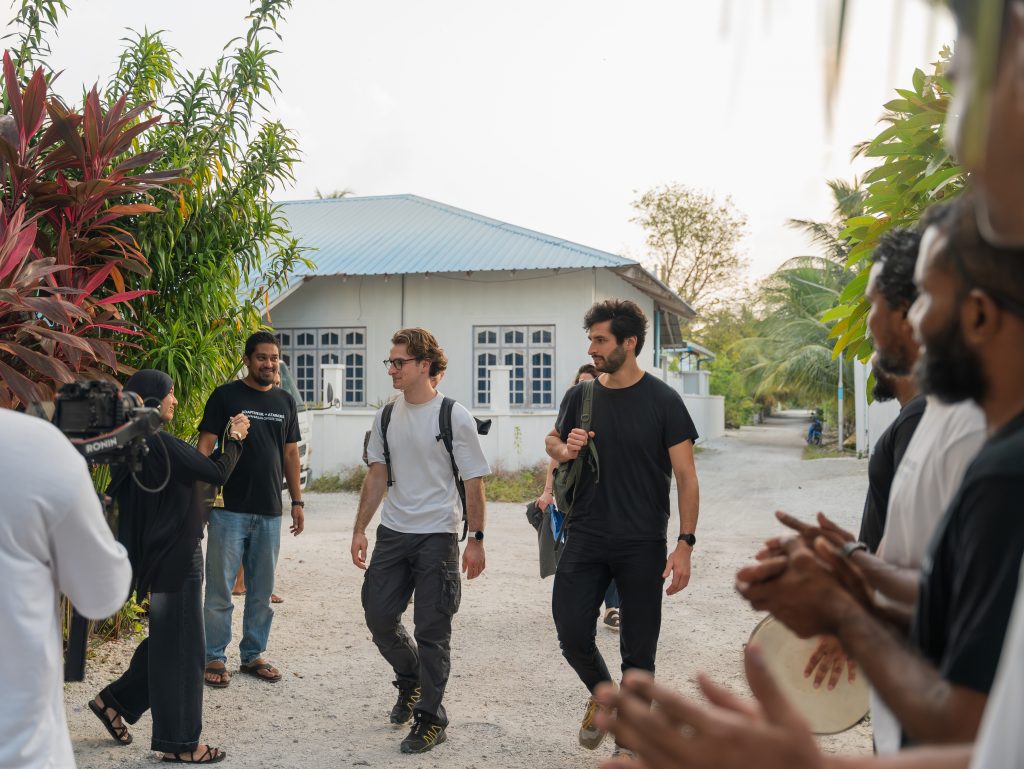
A notable component of the programme was dive training and certification. During the retreat, 17 participants completed their Open Water certification, while a further six undertook the Advanced Open Water course, with training and dives scheduled alongside work sessions as part of the integrated itinerary.
Throughout the week, participants worked on-site using dedicated shared spaces supported by reliable high-speed internet, allowing meetings, informal collaboration and scheduled activities to take place within a single, uninterrupted environment. This setup enabled teams to move seamlessly between work periods and organised ocean activities without leaving the property.
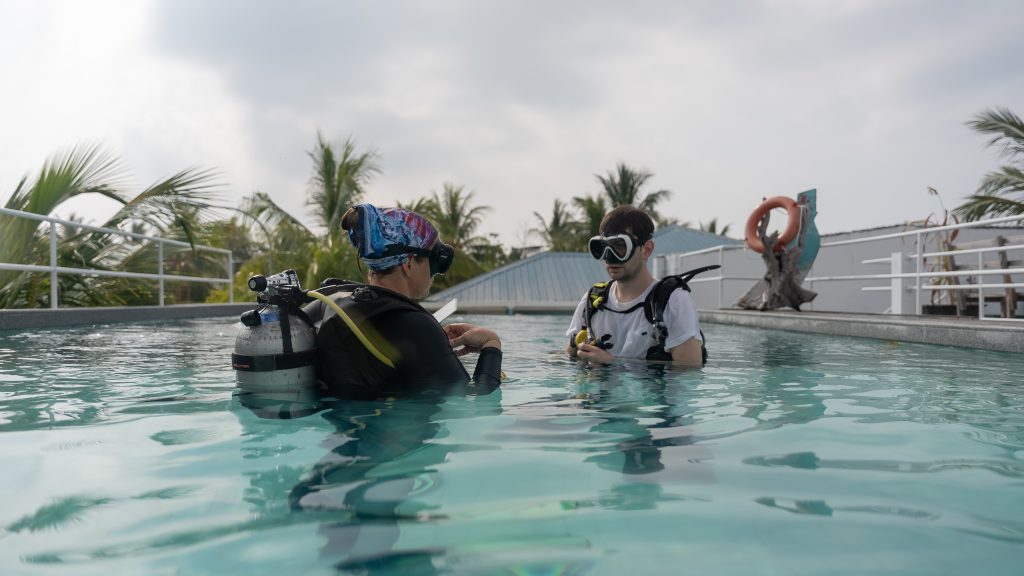
Fuvahmulah’s natural and operational advantages formed a key part of the retreat’s appeal. As one of the Maldives’ largest inhabited islands, it offers immediate access to pelagic dive sites, internationally recognised shark diving and surf breaks suitable for instruction, alongside the infrastructure required to support extended group stays.

The offsite reflects a growing preference among technology and knowledge-sector teams for small-scale retreats that prioritise concentrated work environments and team cohesion over traditional conference formats. Such programmes typically involve longer stays and higher per-capita spend, aligning with sustainable, quality-driven tourism models.
The retreat also demonstrates how locally operated properties such as Ataraxis Grand & Spa are supporting this shift by delivering unified environments where accommodation, workspaces, connectivity and curated experiences operate as a single programme rather than separate services.
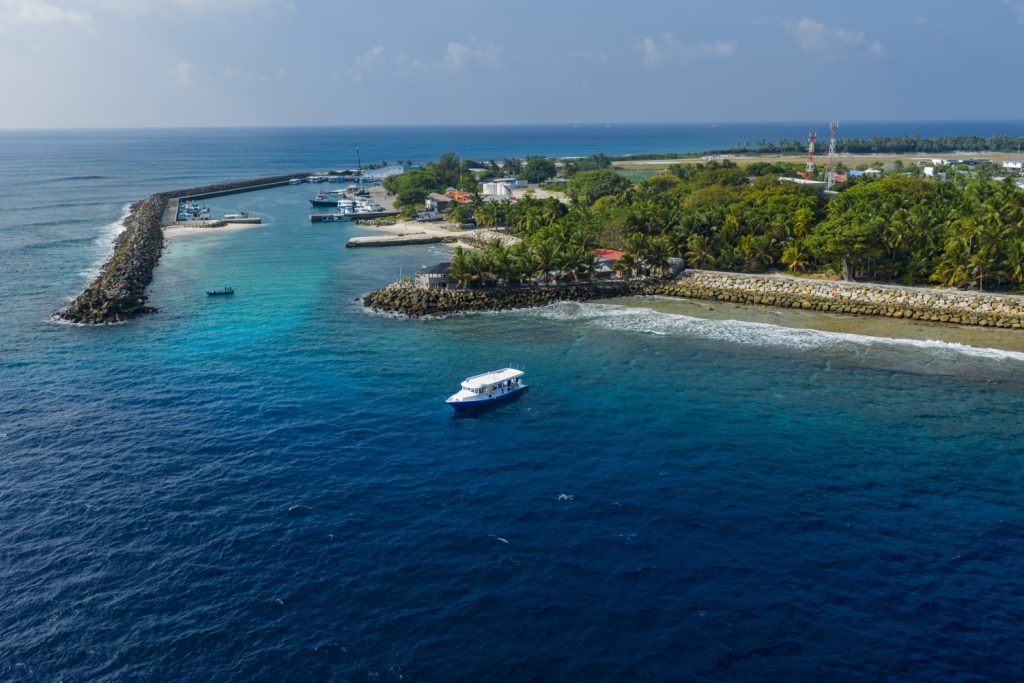
As organisations continue to explore alternative formats for strategy sessions, team resets and creative offsites, Ataraxis Grand & Spa’s experience positions Fuvahmulah as an increasingly viable destination for integrated corporate retreats.
Ataraxis Grand & Spa offers work-and-dive retreat programmes in Fuvahmulah that combine accommodation, dedicated workspaces, high-speed connectivity and organised diving and surfing.
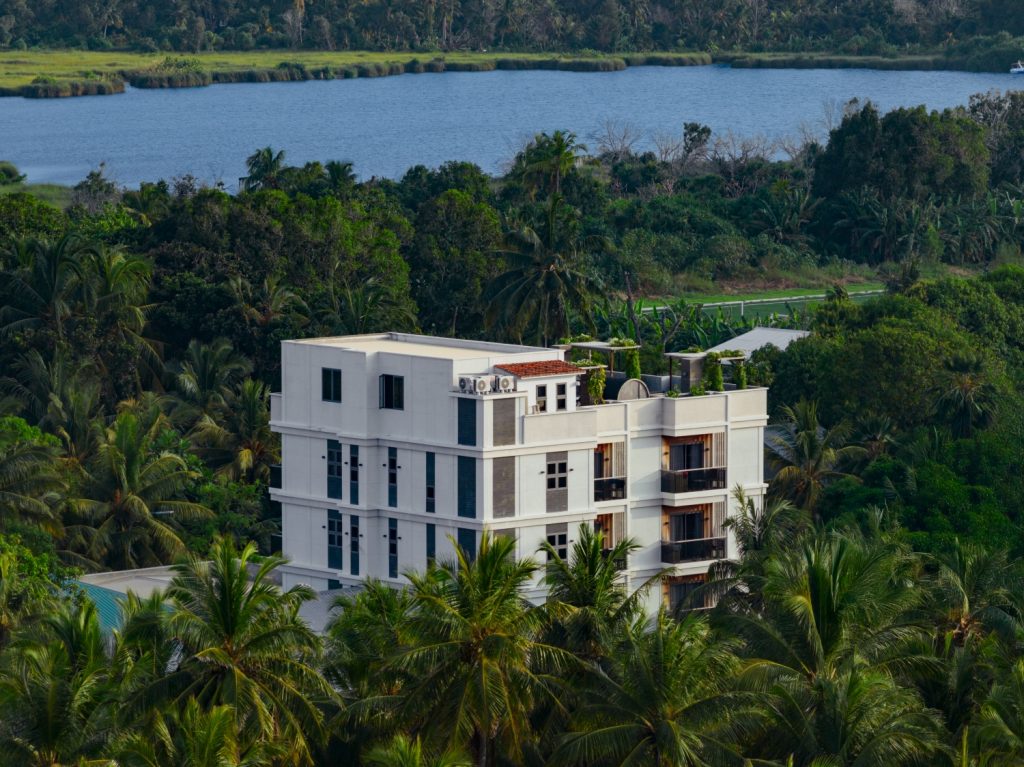
Further information on retreat formats and dive-inclusive stays is available via the Ataraxis Grand & Spa website.
-

 Drink1 week ago
Drink1 week agoProvence comes to Maldives with Château Minuty dinner at Milaidhoo Maldives
-

 News1 week ago
News1 week agoThe Ritz-Carlton Maldives, Fari Islands launches conservation programme for environmental observances
-
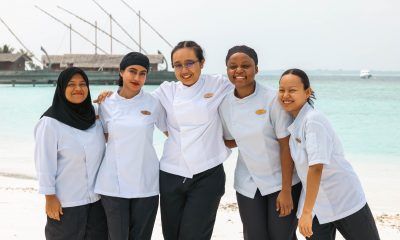
 Cooking1 week ago
Cooking1 week agoWomen at heart of kitchen: Milaidhoo Maldives marks International Women’s Day through gastronomy
-
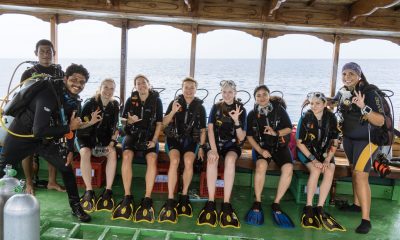
 Action1 week ago
Action1 week agoAtmosphere Foundation launches annual dive training scholarship for Maldivians
-

 Featured1 week ago
Featured1 week agoCity Iftar experience curated at JEN Maldives by Shangri-La
-

 Family1 week ago
Family1 week agoEaster goes playful at The Standard, Maldives with week-long Angry Birds celebration
-
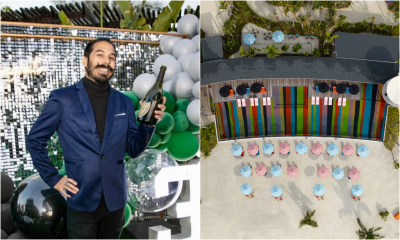
 Drink1 week ago
Drink1 week agoSO/ Maldives hosts tequila tasting and Lazuli Bar takeover for National Margarita Day
-

 Entertainment7 days ago
Entertainment7 days ago‘One festival, every sense’: Fari Islands Festival announces August 2026 return











